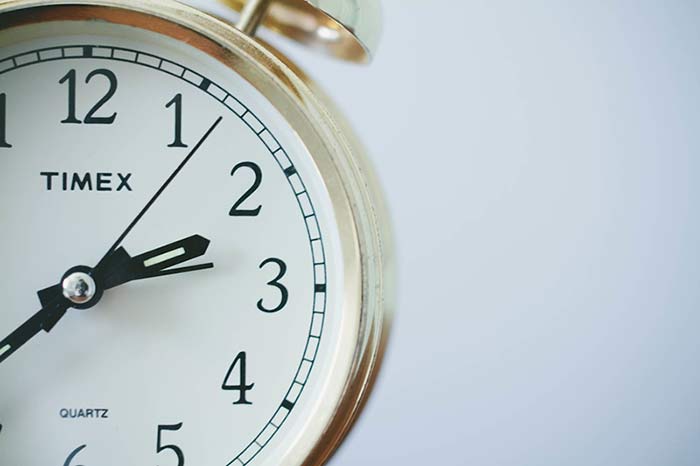How should I handle Memorabilia in my estate planning? Kiplinger’s recent article entitled “Estate Planning for Memorabilia Collectors: Don’t Leave Your Family in the Lurch” says the first step is to know what you have. Make a thorough and updated inventory to help your family understand the scale of the collection and where the items are located. Make sure the inventory is current and has detailed information about the items, like if a piece of memorabilia is signed or if it was game-used.
It’s also wise to log valuations along with the items’ description. You can try to stay on top of when comparable items sell at auction and follow industry publications to keep your valuations as current as possible. Every sector of collectible is different. Some items see their valuations fluctuate more than others. Even so, it’s helpful to have a ballpark idea of the total value of the collection. At some point, it might be worth hiring an appraiser to give you a formal valuation of the collection.
As far as authentication, many items need supporting paperwork to verify they’re legitimate. As you plan for your family to handle the sale of your items, they’ll need to know that those documents are an essential part of the collection and where they are located.
When you’re walking them through your inventory, note where the items are identified as having separate certificates of authenticity and make sure they know where to find them. This can be as simple as using file folders.
When it comes time to sell, where does your family go to do that? Whether it’s sports memorabilia, coins, stamps, or just about anything else, there are dealers who are willing to purchase the collection. If you go into a collectibles shop that is only buying items they plan to resell, you can expect to get about half of a collection’s actual value.
If you are able, you can help your loved ones by making connections with auction houses that would be interested in bringing your collection up for sale. This can be a highly specialized area, so you’ll be saving your beneficiaries a big pain if you give them information about where they will get a fair price.
Need legal advice? Beck, Lenox & Stolzer would be happy to provide some guidance, in order to make sure your estate plan has covered all your wishes where your collectibles and other assets are concerned. Go online to schedule a complimentary phone call with one of our experienced attorneys to review how you should handle memorabilia in your estate planning.
Reference: Kiplinger (Feb. 26, 2023) “Estate Planning for Memorabilia Collectors: Don’t Leave Your Family in the Lurch”










